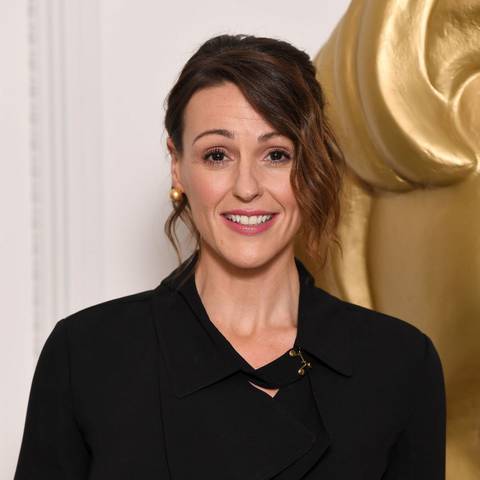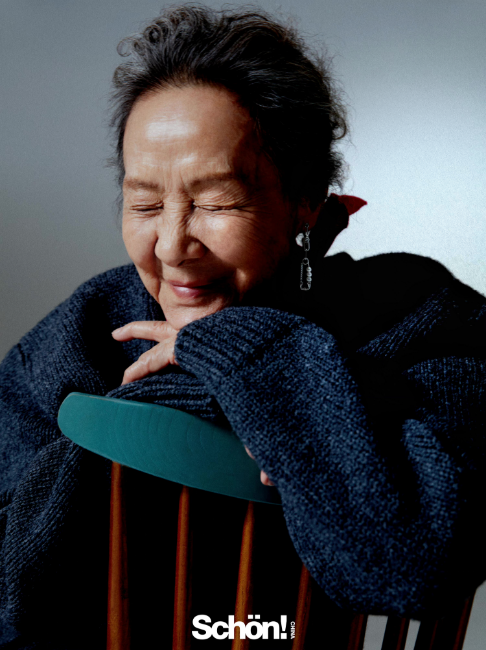Final 锘縢ender discrimination case at Salk Institute ends in settlement
The prestigious Salk Institute for Biological Studies in La Jolla, California, has settled the final of three high-profile gender-discrimination lawsuits filed last year. The latest agreement was announced on 21 November.
Molecular biologist Beverly Emerson filed the suit in July 2017, arguing that discrimination against women at the Salk had limited her wages, laboratory space and research funding. Two other senior female scientists brought similar suits against the institute, and settled their cases out of court in August 2018.
Emerson had worked at the Salk for more than three decades, but in December last year, the institute declined to renew her contract. She is now at Oregon Health and Science University in Portland.
鈥淪alk recognizes Dr. Emerson鈥檚 more than thirty years of service to the Institute and looks forward to her continued contributions to the scientific community,鈥?says a joint statement from Emerson and the institute, e-mailed to 锘?i>Nature.
The statement does not provide any further information on the settlement. Alreen Haeggquist, Emerson鈥檚 lawyer, says that neither she nor Emerson has further comment.
The three gender-discrimination cases were important for the field, says Nancy Hopkins, a molecular biologist at the Massachusetts Institute of Technology in Cambridge, where she led an effort to investigate gender discrimination in the 1990s. She says that the Salk cases are a reminder of how difficult it is to tackle discrimination. Such cases can fester for decades, she says.
鈥淲hen they finally do erupt, it can cause so much damage to the reputation of the institution,鈥?says Hopkins. 鈥淗opefully, institutions will learn from this that they must deal with these situations.鈥?/p>
The discrimination cases have been part of a period of turmoil for the Salk. This June prominent cancer biologist Inder Verma resigned from the institute amid allegations of sexual harassment.











